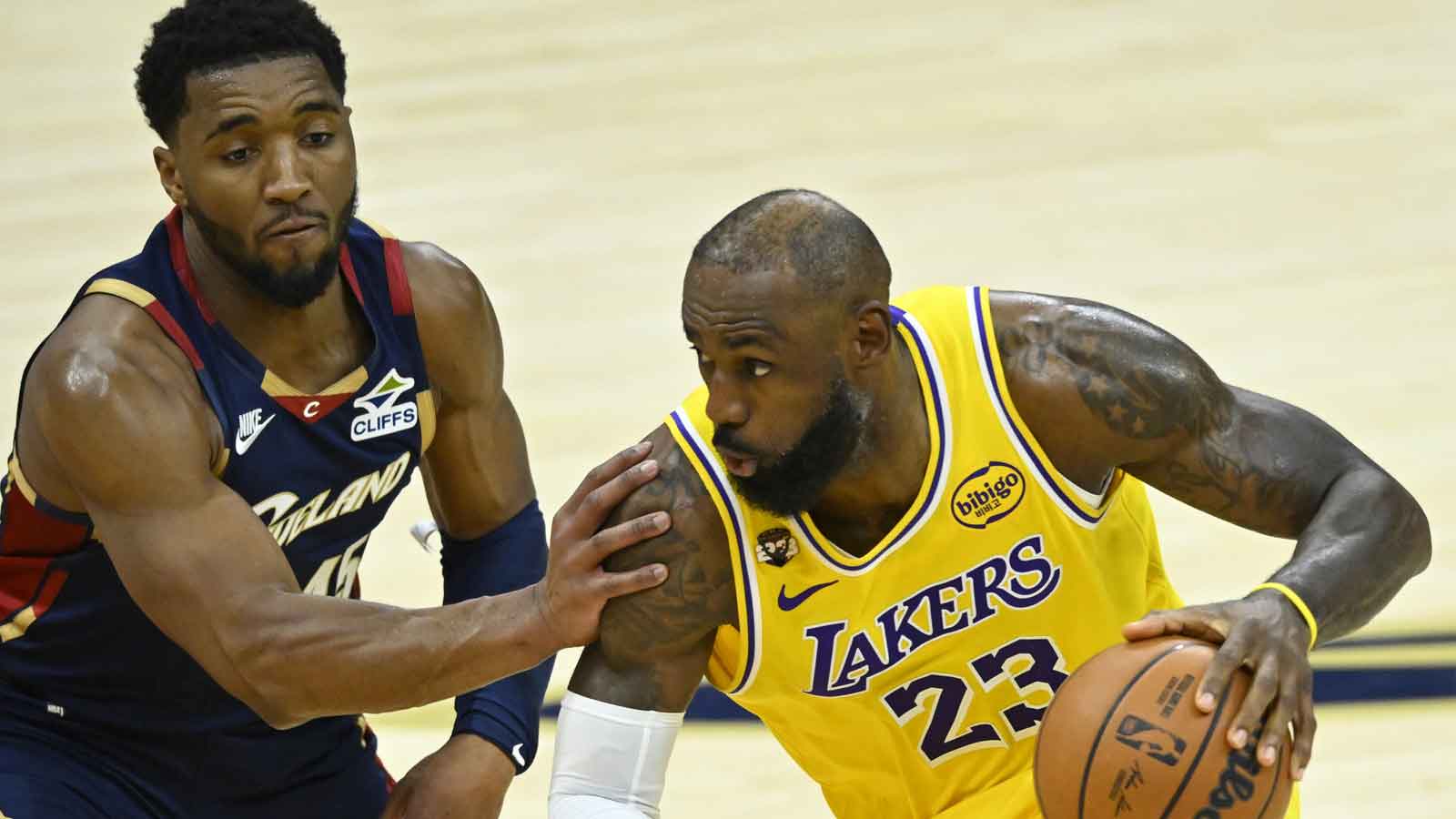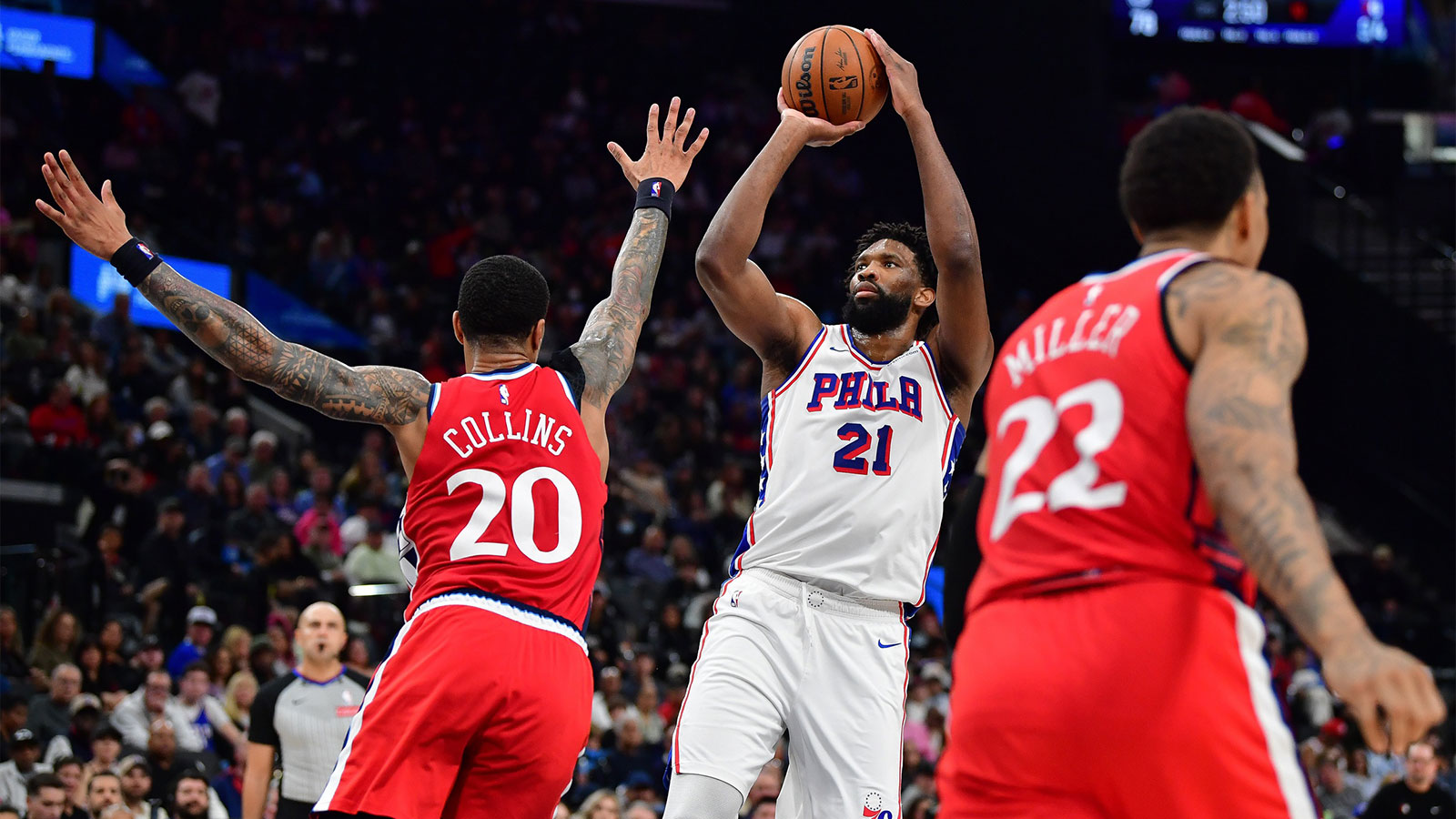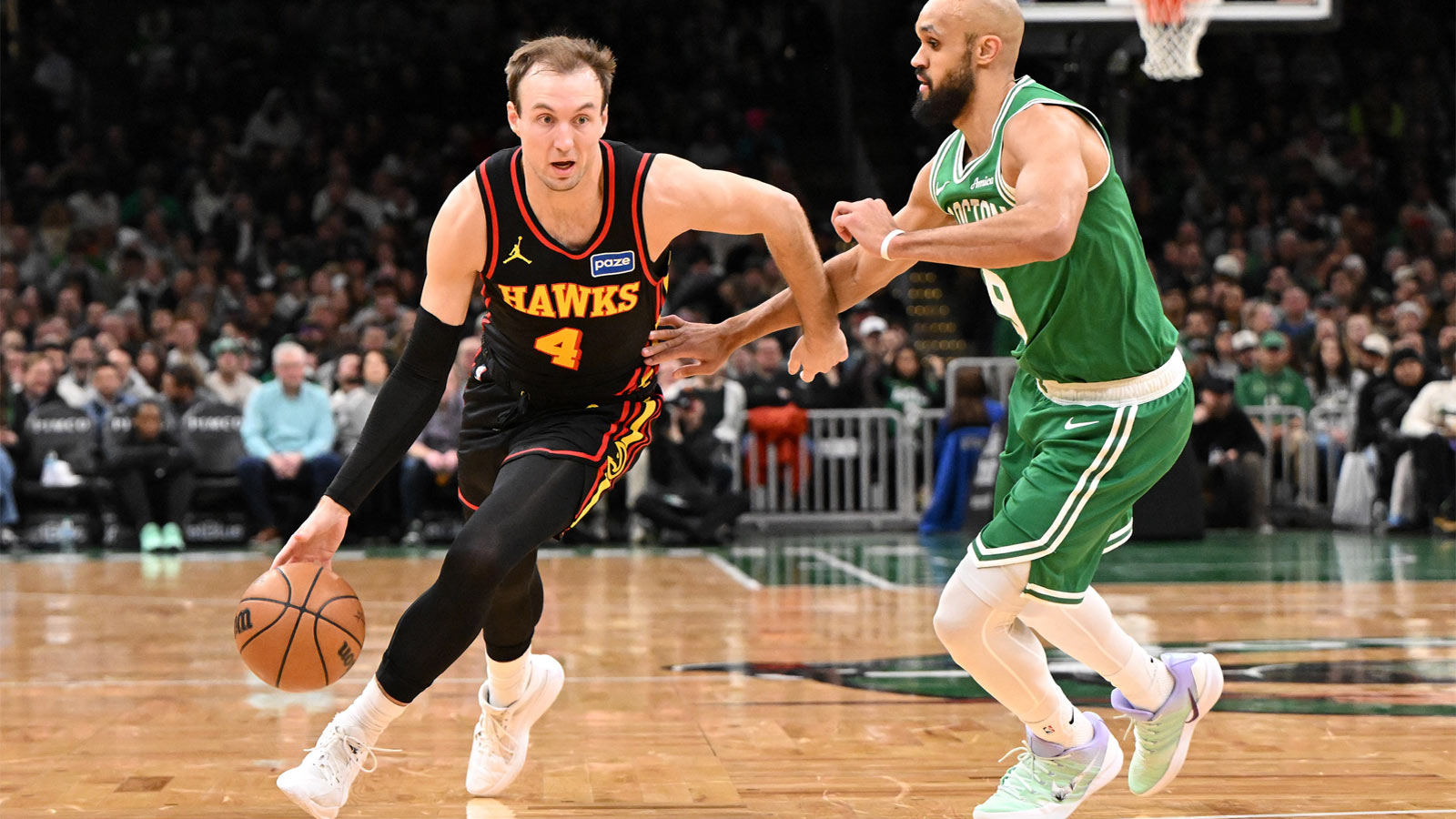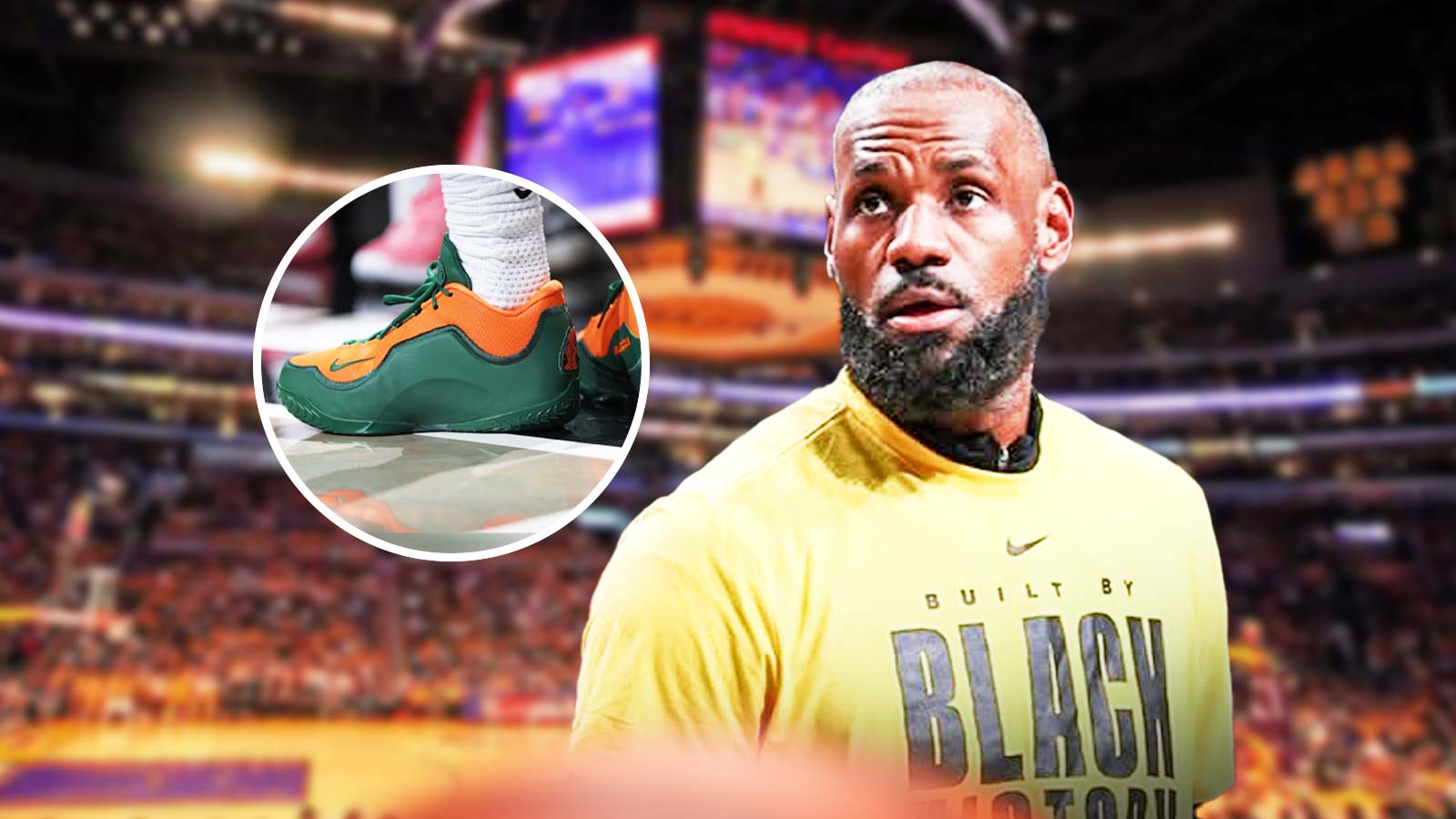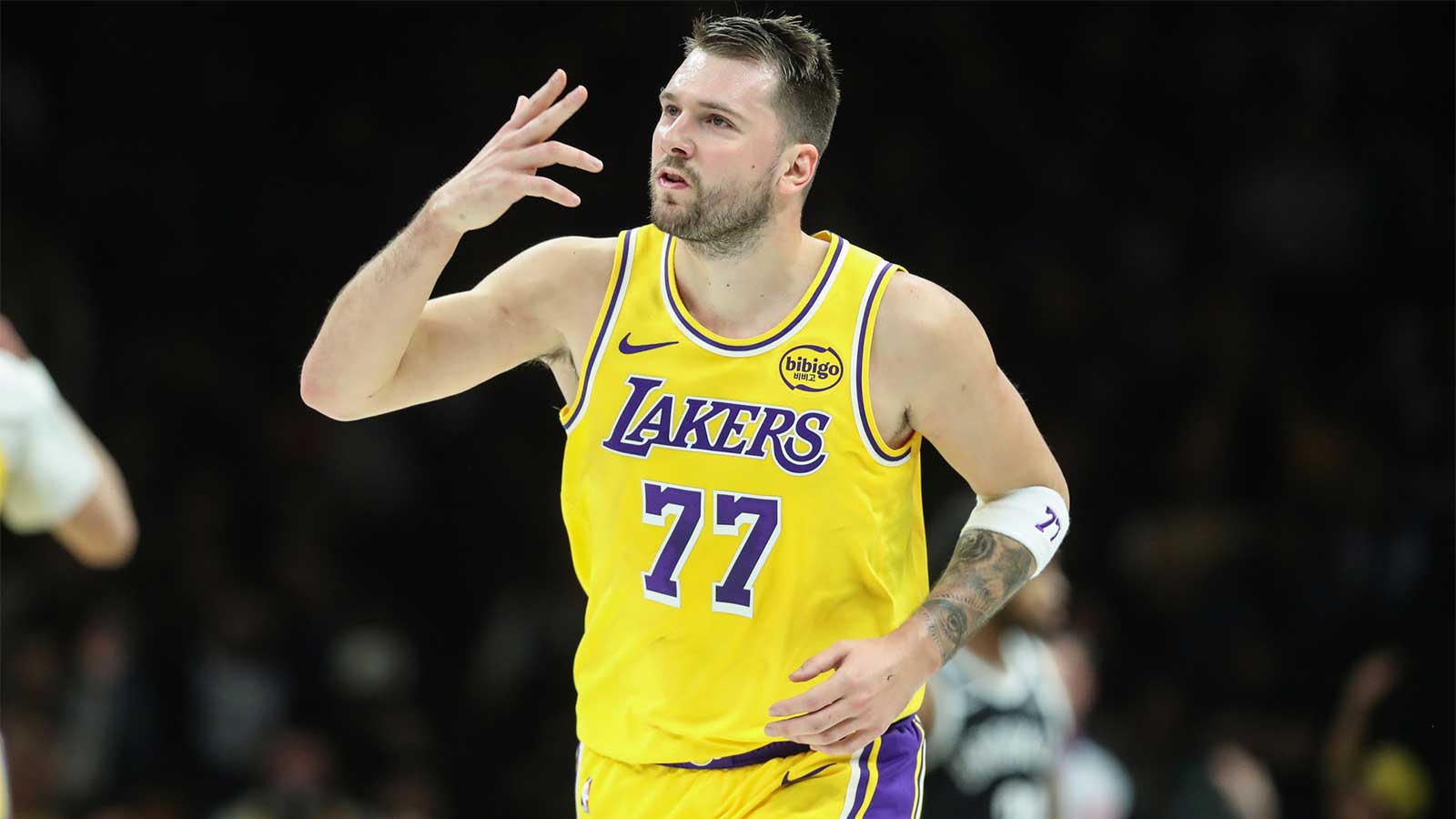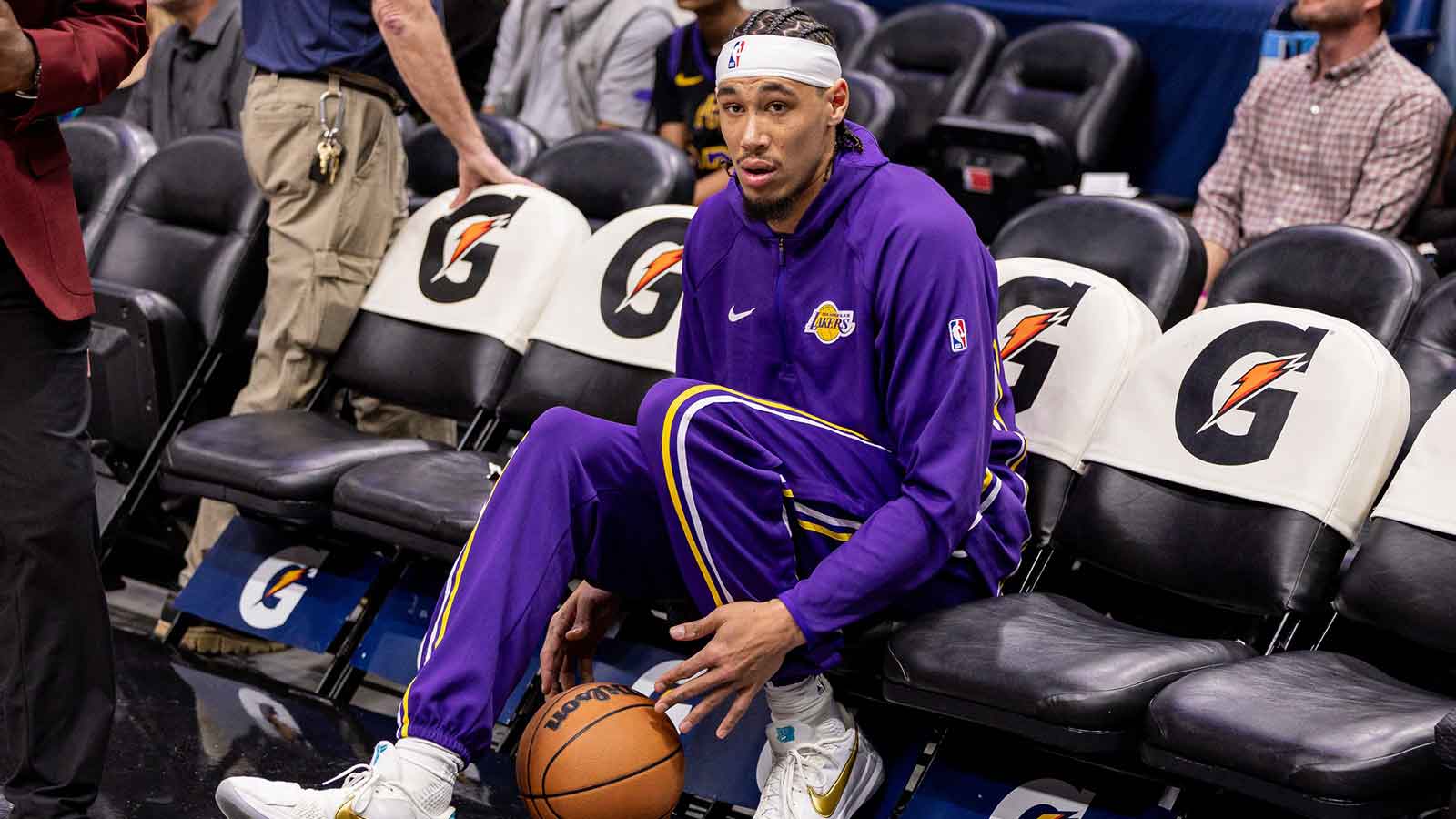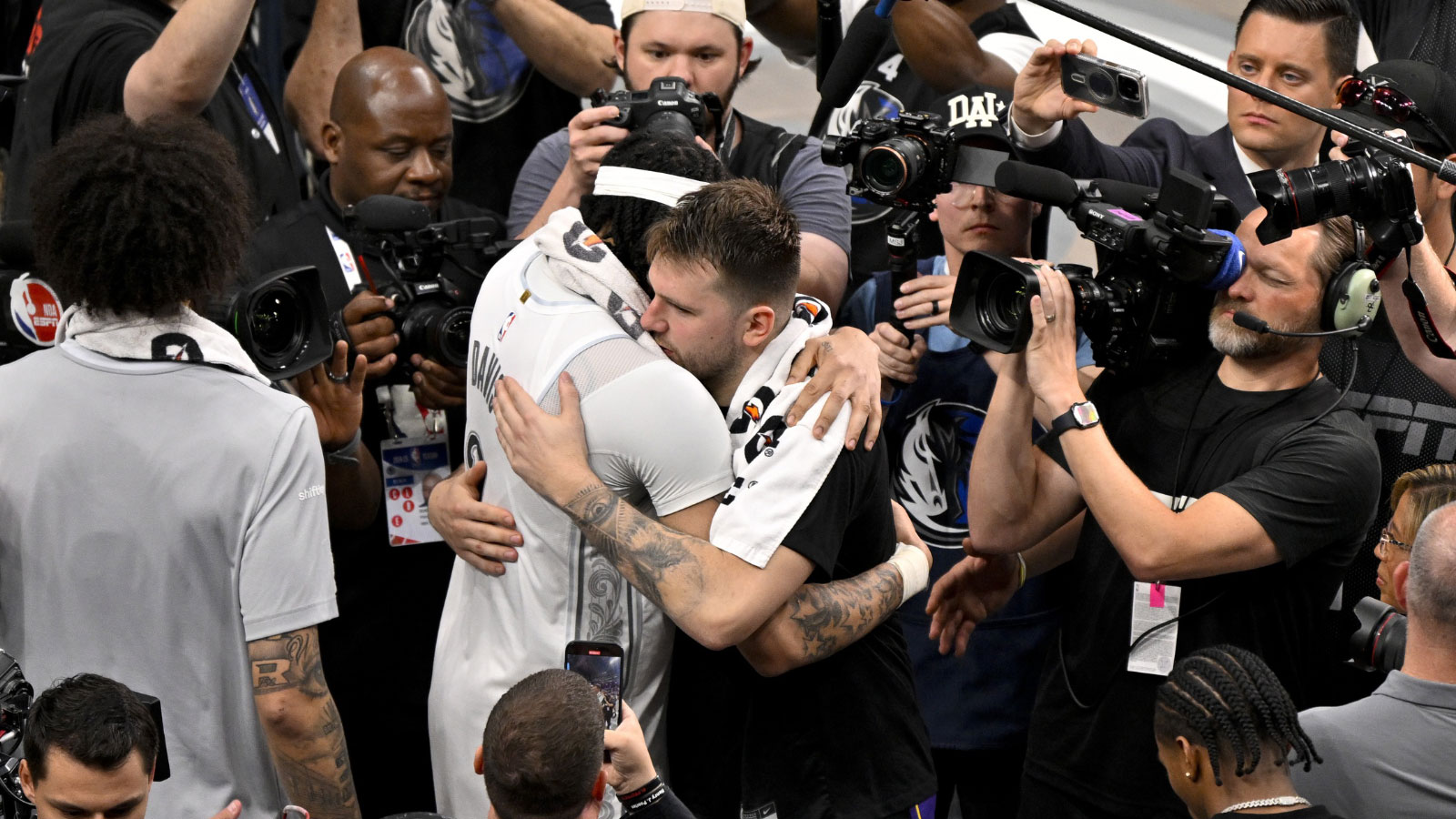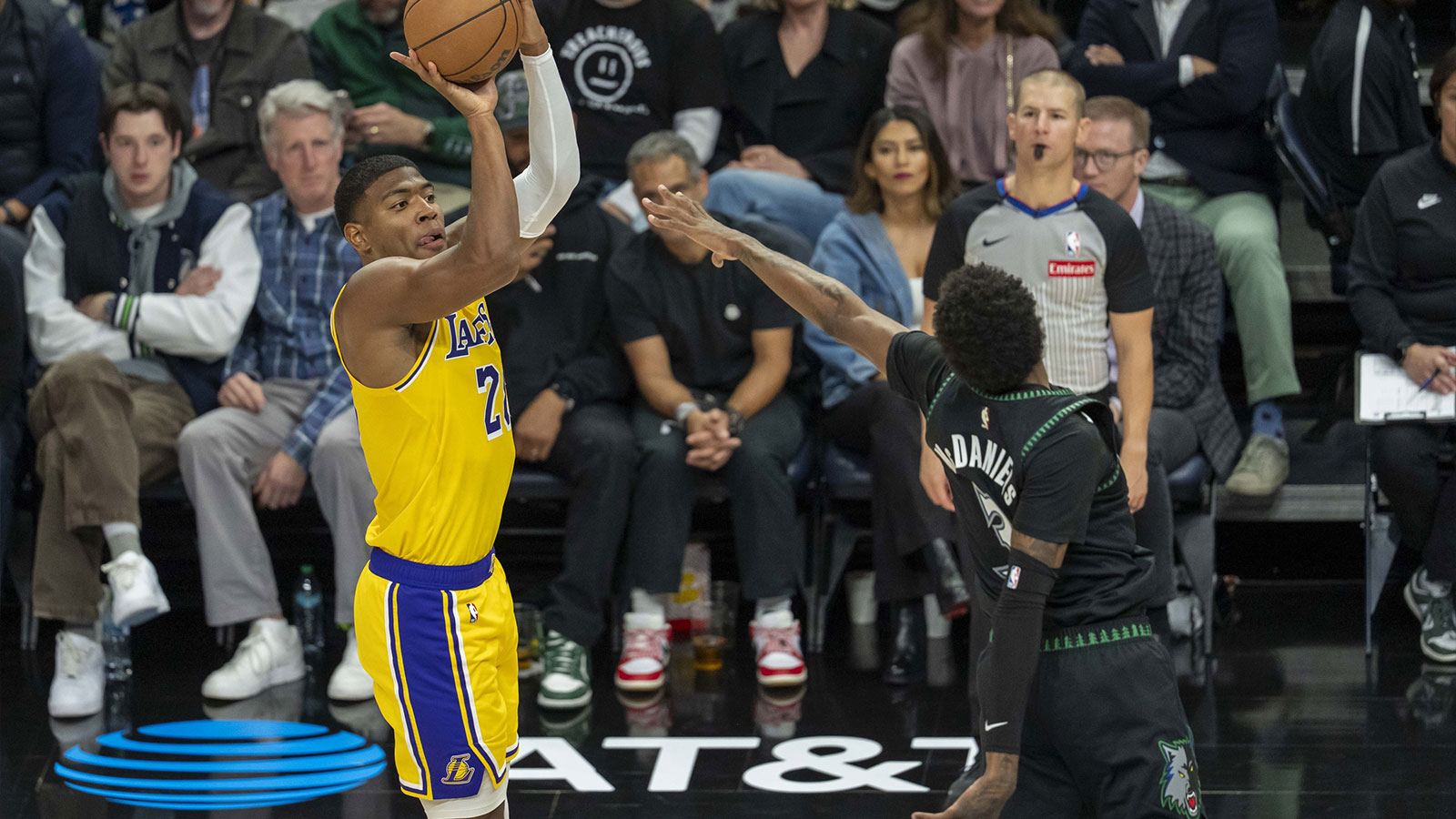Former Los Angeles Lakers president of basketball operations Magic Johnson has come under a recent wave of criticism after ESPN's Baxter Holmes expose on the “Lakers 2.0” culture revealed it as amongst the most repressive in recent history. Holmes went on ESPN's Zach Lowe's podcast, The Lowe Post, telling his colleague that front-office employees felt “powerless” working under Johnson, a terrifying experience that was ultimately exposed earlier this week.
Holmes' story, which came out on Tuesday after a year's worth of reporting and compiling stories, gave insight to Johnson's reign at the helm of the front office, pointing to his ruthless and at times cruel approach to his position at the helm of the Lakers' executive ranks, one that caused two employees to quit their job due to anxiety attacks.
ESPN's Stephen A. Smith had arranged for Johnson to come for an afternoon edition of the NBA Finals preview on Tuesday to shed further light on his “truth,” but Holmes' story, which had come out hours earlier, threw a wrench in his plans.
An irate Smith went on air on his own radio show, chiding reporting from his own colleague and saying “stop the presses” in typical Screamin' A fashion, pushing it aside as a non-story:
It’s like he doesn’t realize @Baxter works for the same damn media company. To question his colleague’s reporting and chide his own employer for making this a front page story is as stupid as it gets.
— Bruno Manrique (@TheSportsLede) May 28, 2019
Johnson would later appear on the show and deny any wrongdoing, saying he never got a single complaint from the human resources department during his two-plus-year tenure with the organization.
Holmes then defended his reporting and countered Johnson's claim by saying that a staffer had told him the day Johnson was hired (listen at the 10:45 mark of the podcast):
“The staffer said, ‘I thought that the building would have to burn down for him to lose his job,' and it was representative of what people would say was the stature and the deep connections that Earvin had, to the Lakers and to Jeanie (Buss),” said Holmes, claiming this was one of the bits not included in his story. “As he would display instances of confrontational behavior, a demonstrative interaction with employees, he would say, ‘I can't stand up to this guy, he's Earvin Johnson and these are the Lakers. Who am I?'
“They would describe being powerless, and more to the point, they would not feel comfortable going to HR with these complaints about his behavior, which is indicative. We see this all the time with stories about a toxic workplace or a hostile workplace. There's always that paragraph, ‘people did not feel comfortable going to HR.'”
These confessions match exactly what Holmes painted in his piece, describing an oppressive work environment, one that can ultimately destroy a person's sense of confidence and self-worth after constantly looking over their shoulder to see if “Earvin” had another resume on hand to replace them.
Johnson and his former front-office partner Rob Pelinka have denied these allegations, but multiple sources are now on the record painting Johnson as a bully and Pelinka as a pathological liar who will connive his way to what he wants, making multiple excuses along the way.
Most of the sources remain anonymous due to Pelinka still being there and still holding a position within the organization. Some fear for their job and others for their reputation, but the real losers of this story are the Lakers as a whole, who have been complicit in creating a nasty culture that now has a lot more skeletons in the closet than they ever wanted to reveal.










